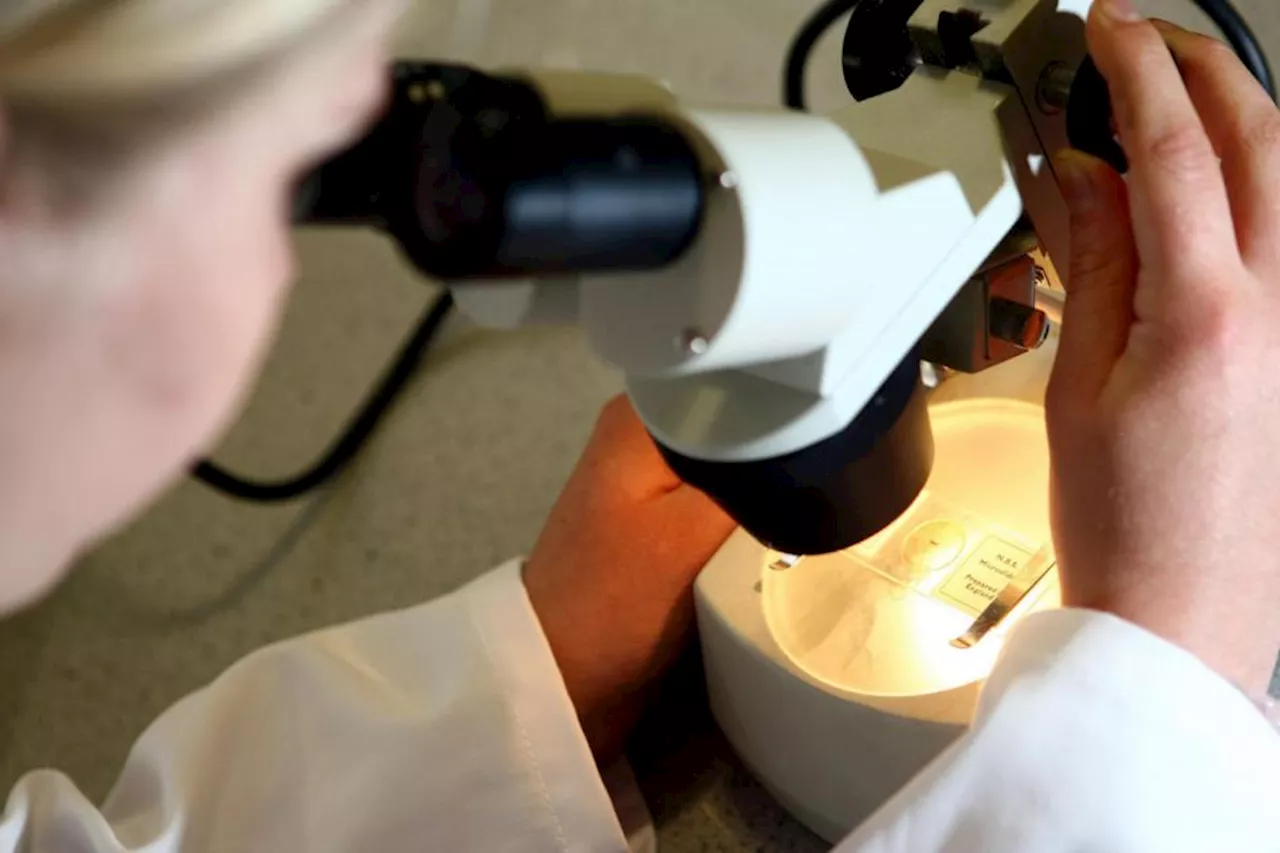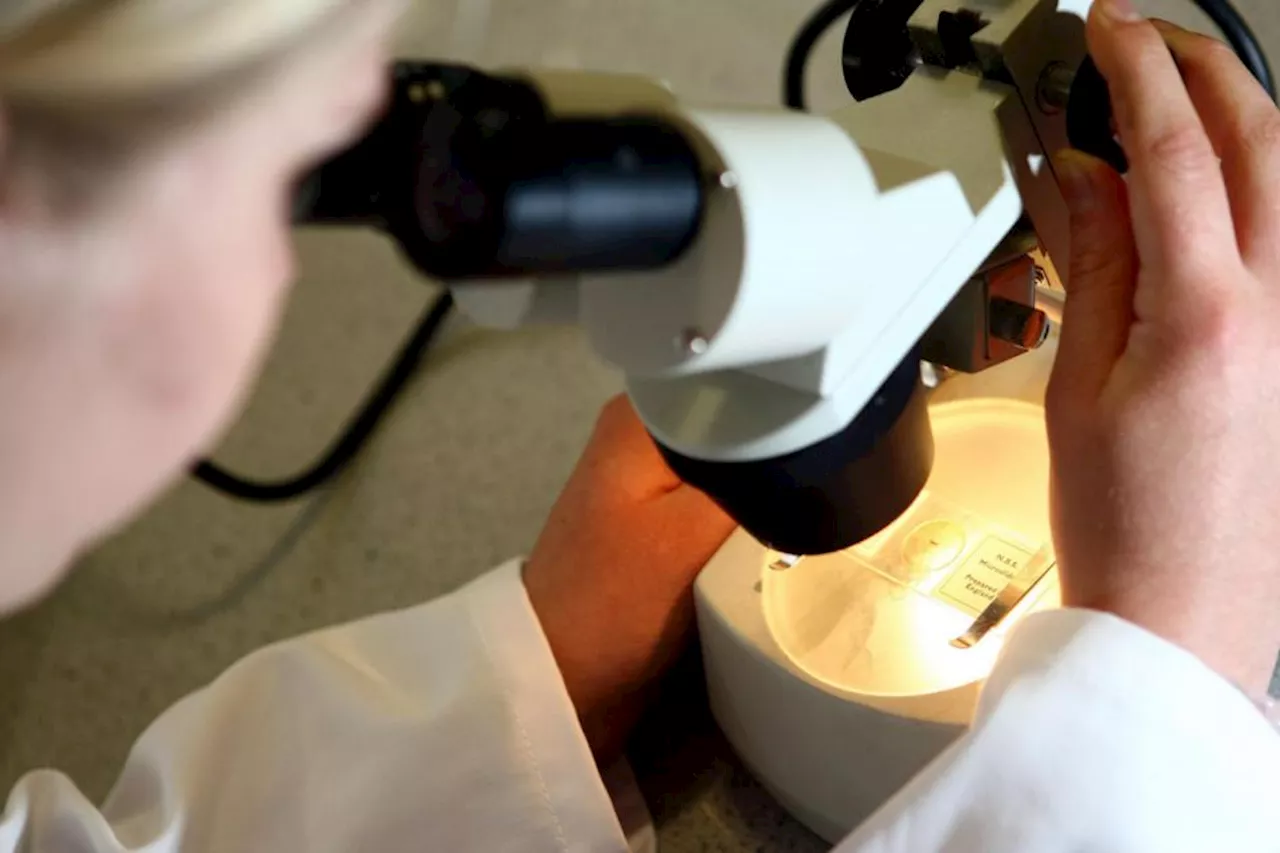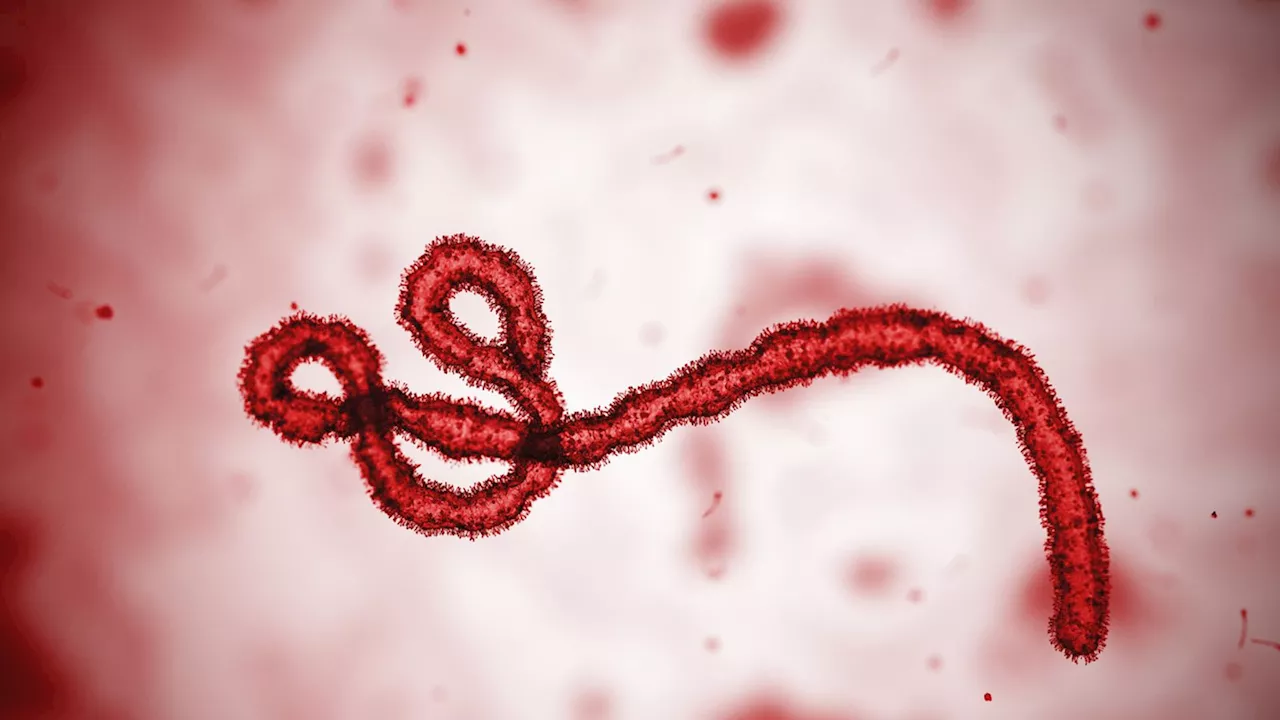Researchers said 'urgent action' was needed to tackle the threat and warned their figures were likely to be an underestimate because the study did not include COVID.
Diseases transmitted from animals to humans could kill at least 12 times as many people in 2050 than they did in 2020, a study has warned. Epidemics caused by some zoonotic infectious diseases - also known as spillovers - could occur more frequently in future due to climate change and deforestation, US biotech company Ginkgo Bioworks said. Researchers found the number of epidemics has been increasing by almost 5% every year between 1963 and 2019, with deaths up by 9%.
These were the filoviruses group of illnesses, which include Ebola virus and Marburg virus, SARS Coronavirus 1, Nipah virus, and Machupo virus. Researchers looked at more than 3,000 outbreaks between 1963 and 2019, and identified 75 spillover events in 24 countries. This included epidemics reported by the WHO, outbreaks since 1963 that killed 50 or more people, and historically significant events including the flu pandemics of 1918 and 1957.
United States Latest News, United States Headlines
Similar News:You can also read news stories similar to this one that we have collected from other news sources.
 Animal-to-human diseases could kill 12 times as many people by 2050, study warnsResearchers said these epidemics could be more frequent in the future due to climate change and deforestation.
Animal-to-human diseases could kill 12 times as many people by 2050, study warnsResearchers said these epidemics could be more frequent in the future due to climate change and deforestation.
Read more »
 Animal-to-human diseases could kill 12 times as many people by 2050, study warnsResearchers said these epidemics could be more frequent in the future due to climate change and deforestation.
Animal-to-human diseases could kill 12 times as many people by 2050, study warnsResearchers said these epidemics could be more frequent in the future due to climate change and deforestation.
Read more »
 Animal diseases could kill '12 times as many people' by 2050Numbers are already growing.
Animal diseases could kill '12 times as many people' by 2050Numbers are already growing.
Read more »
 Animal diseases could kill '12 times as many people' by 2050Numbers are already growing.
Animal diseases could kill '12 times as many people' by 2050Numbers are already growing.
Read more »
 These 4 Viruses Could Collectively Make 2050 Much More Deadly Than 2020Kate is a Senior Trends Reporter at HuffPost UK, covering the day's most compelling stories. She has worked in the national news since she became a qualified journalist and was previously a reporter with Express.co.uk
These 4 Viruses Could Collectively Make 2050 Much More Deadly Than 2020Kate is a Senior Trends Reporter at HuffPost UK, covering the day's most compelling stories. She has worked in the national news since she became a qualified journalist and was previously a reporter with Express.co.uk
Read more »
 Researchers Unveil Catalyst To Convert CO2 Into MethaneRice University researchers have developed copper-based catalysts that efficiently convert carbon dioxide into methane, presenting a promising solution for carbon management.
Researchers Unveil Catalyst To Convert CO2 Into MethaneRice University researchers have developed copper-based catalysts that efficiently convert carbon dioxide into methane, presenting a promising solution for carbon management.
Read more »
